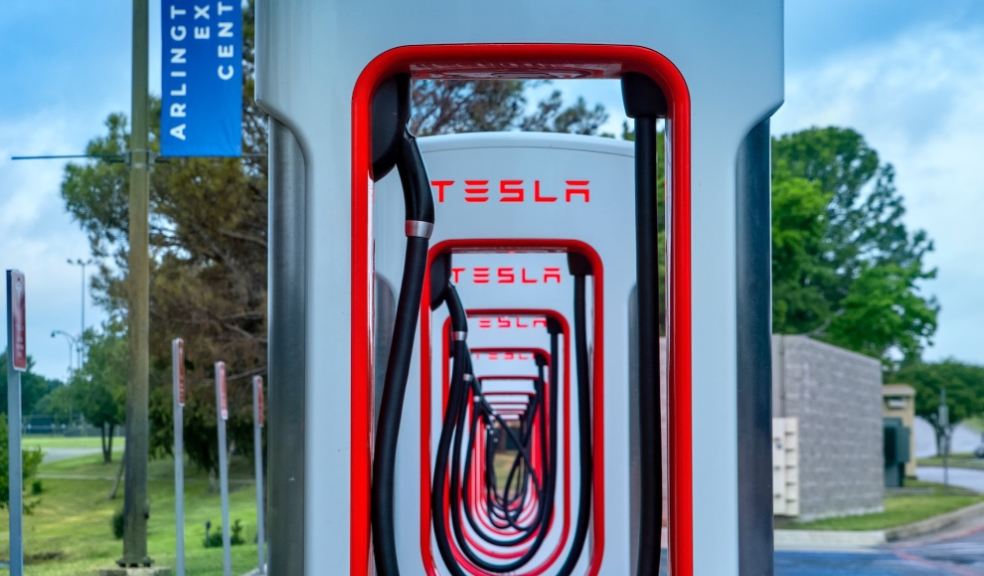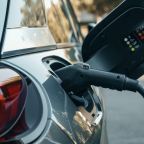
EV Grant Scheme: How tradesmen are set to benefit from it
As the market for electric vehicles in the UK constantly expands, another market that expands is EV ChargePoint installation trade. The EV grant scheme that came into effect in April 2022 represents an opportunity for more car-buyers to consider the electric market and an opportunity for tradesmen to expand their work to meet the demand for charge points.
How the EV grant scheme works
The EV ChargePoint grant replaces the previous Electric Vehicle Home charge Service (EVHS) and provides funding for up to 75 per cent for the cost of installing charge points and other necessary charging infrastructure at properties in the UK.
This scheme applies not only to individual homeowners, but extends also to landlord’s, workplace owners, and to residential car parks. Once applications have been made, the claimant will find out the extent of the funding they will receive and can, therefore, make suitable arrangements to have the work done.
How this will benefit engineers and builders
The thinking behind the new initiative is that government help will encourage customers to go electric, increase demand for this infrastructure, and thereby generate lots more work to go around for electrical engineers and builders. To capitalise on this, you’ll need to purchase a wide variety of tools including an SDS Max.
Given that this work is visible to the public eye, it is thought that people will be inspired by their neighbour’s decisions and be encouraged to make the change to EV. In time, the government expects plenty more people to have this work done, and plenty more wanting to have it done.
Will this help people make the switch to EV’s?
The feedback from current EV users is a real boost to this prediction. According to a recent poll, ninety per cent of EV drivers were satisfied with their decision and had no qualms about driving long distances in these vehicles. This shows a remarkably robust consumer attitude to adapting to a new way of life. The same poll detailed that less than one per cent of users would return to a petrol or diesel fuelled car, highlighting how transitioning to electric is an elevating experience.
Going by these levels of satisfaction, if the right infrastructure were in place, drivers would be empowered to make the decision to go electric with less doubt in their minds about risk. As such, the grants that are now being implemented by the government actively alleviate the weight on the customer’s mind about investing in the necessary charging facilities, alongside the cost of a new car.
As you can see, in theory, these new grants should oversee a period of growth for EV companies and tradesmen alike.











